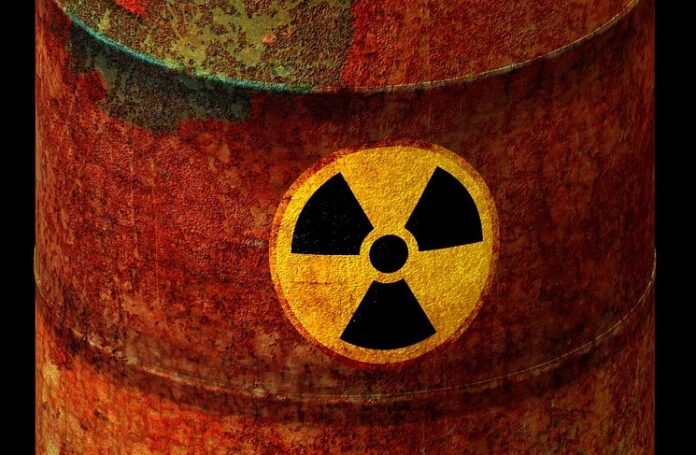If an accident were to occur at a nuclear power plant in a neighbouring country or, say, a nuclear strike was performed on Ukraine, there would be no need for nuclear shelters in Latvia, because the radiation level would be low, said the Director of the Radiation Safety Centre of the State Environmental Service Dace Šatrovska in her interview to Latvijas Radio.
When asked if the centre was asked to assist with the creation of local shelters in Latvia, she said the government did ask.
Šatrovska said that ever since the start of the full-scale invasion of Ukraine by Russia in 2022, assessments of various risks have been performed in Latvia, and that includes potential attacks on nuclear power plants. The conclusion was that the impact on Latvia would be minimal, which is largely thanks to the fact that Ukrainian nuclear power plants are far away from Latvia.
According to her, the biggest analysed risk was associated with Zaporizhzhia Nuclear Power Plant. However, it is important to keep in mind that its reactors are shut down at the moment.
She stressed that her centre receives updates about the situation with Ukraine’s nuclear objects. Ukraine reports this information regularly and internationally.
Latvia and other countries have also created monitoring networks to help monitor the situation with radiation levels.
If one country detects increased radiation levels, it reports this information to others. The data is also publicly available, she explained.
Šatrovska admits there are countries that aren’t very cooperative. At the same time, Belarus, for example, reported last year that the second reactor of its nuclear power plant had come online. This means the risk level has increased as well. Protective measures have not changed, she said.
When asked just how high the risks are of Russia or Belarus using radiation to attack neighbouring countries, Šatrovska said the centre does not have information about such risks.
Angus Lapsley, NATO’s Assistant Secretary General for Defence Policy and Planning, reportedly said in October that NATO had seen North Korea become a nuclear power, China’s rapid expansion of nuclear capabilities and developments in Iran, but the alliance is concerned the most about Russia.
He said Moscow has been increasingly investing in its nuclear forces over the past two years and “introducing a lot of new systems and putting more emphasis on investing in short- and medium-range weapons systems.”
Lapsley pointed out that Moscow has been “talking a lot lately about its nuclear weapons doctrine and how it may or may not develop.”
According to him, this is a clear attempt to influence NATO when it comes to support of Ukraine.
Russian President Vladimir Putin and other representatives of the Kremlin have often threatened the West with Russia’s nuclear arsenal. However, NATO has yet to observe any real changes in Moscow’s stance on nuclear arms.
NATO’s new Secretary General Mark Rutte stressed when he took office on he 1st of October that while Putin’s statements about nuclear weapons were “reckless and irresponsible,” there was no evidence that there was an imminent threat of the use of nuclear weapons.
